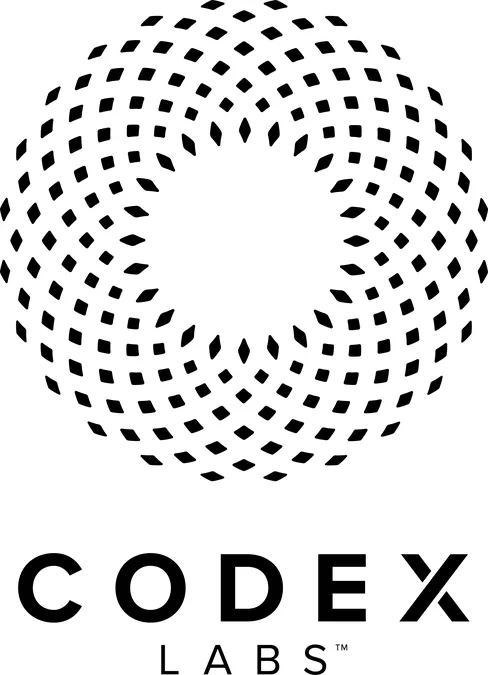
Revolutionary Study Unveils First Immune Cell Atlas for Asian Populations, Paving the Way for Precision Medicine
2025-04-09
Author: Li
A Landmark Breakthrough in Precision Medicine
A groundbreaking collaboration between researchers from Singapore, South Korea, Japan, Thailand, and India has resulted in the creation of the Asian Immune Diversity Atlas (AIDA)—the world's first comprehensive immune cell atlas focusing on diverse Asian populations. Published in the prestigious journal Cell, this monumental study promises to revolutionize Precision Medicine by advancing diagnostics and tailored treatments specifically designed for Asian individuals.
Immune Cells: Unlocking Secrets to Disease Diagnosis
Understanding human immune cells is crucial for addressing infectious diseases, autoimmune disorders, and blood cancers. Current medical practices already utilize immune cell proportions for diagnosing conditions like tuberculosis and leukemia. Thanks to advances in single-cell genomics, researchers can now delve deeper into individual cell characteristics—offering more precise diagnostics and targeted therapies. For instance, they can differentiate immune responses linked to lupus or forecast cancer reactions to immunotherapies.
Why Asian-Centric Data Matters
Traditionally, medical research has been heavily based on data from European populations, which may not accurately apply to Asians due to variations in genetics, environment, and lifestyle. Recognizing these disparities, the AIDA collaboration focused on establishing distinct diagnostic criteria derived from Asian populations, an essential step for optimal healthcare delivery.
Unveiling Immune Diversity Across Asia
The AIDA team analyzed over 1.2 million immune cells from blood samples of 625 healthy individuals across five Asian countries, generating reference ranges for significant ethnic groups including Singaporean Chinese, Malays, and Indians. By assessing variations influenced by ethnicity, age, and sex, they uncovered crucial differences in immune cell proportions—highlighting ethnicity as a pivotal factor.
A New Resource for Tailored Healthcare
Significantly, the study identified molecular features potentially unique to Asian populations, enhancing our understanding of genetic vulnerabilities related to infections and autoimmune diseases. The AIDA resource will be available via the Chan Zuckerberg Cell by Gene website and the HCA Data Portal, serving as a vital tool for developing personalized diagnostic and therapeutic approaches for Asian communities.
Championing Diversity in Biomedical Research
Dr. Shyam Prabhakar from A*STAR GIS emphasized the necessity to broaden biomedical research beyond traditionally studied groups. With the next phase set to extend AIDA’s insights to Asian patients, the goal is to support Precision Medicine initiatives throughout Asia and beyond.
A Call to Action for Future Research
Dr. Park Woong-Yang, Director at Samsung Genome Institute, pointed out the historical oversight in focusing mainly on European ancestries, stressing the value of including diverse populations in scientific endeavors. The AIDA project is a vital step toward achieving a more inclusive understanding of human health.
Conclusion: A Leap Towards Personalized Medicine
This study not only marks a significant milestone in the mapping of human cells but also strengthens the overarching mission of the Human Cell Atlas to create a nuanced reference framework for disease understanding. As the medical landscape shifts toward personalized care, the insights from the AIDA study are poised to transform healthcare for Asian populations and set a precedent for future research initiatives.



 Brasil (PT)
Brasil (PT)
 Canada (EN)
Canada (EN)
 Chile (ES)
Chile (ES)
 Česko (CS)
Česko (CS)
 대한민국 (KO)
대한민국 (KO)
 España (ES)
España (ES)
 France (FR)
France (FR)
 Hong Kong (EN)
Hong Kong (EN)
 Italia (IT)
Italia (IT)
 日本 (JA)
日本 (JA)
 Magyarország (HU)
Magyarország (HU)
 Norge (NO)
Norge (NO)
 Polska (PL)
Polska (PL)
 Schweiz (DE)
Schweiz (DE)
 Singapore (EN)
Singapore (EN)
 Sverige (SV)
Sverige (SV)
 Suomi (FI)
Suomi (FI)
 Türkiye (TR)
Türkiye (TR)
 الإمارات العربية المتحدة (AR)
الإمارات العربية المتحدة (AR)